Tips For Treating Your Acne Naturally
Are you having breakouts again? You’re not alone. Acne is one of the most common skin problems throughout the world. Though it is more common among adolescents, some may continue to suffer from acne well into adulthood.
Acne is inflamed sebaceous glands in the skin. This condition occurs when oil or dead skin cells plug up the pores, causing inflammation. There are different types of acne, such as blackheads, whiteheads, pimples (pustules), papules, nodules, and cystic lesions. They may appear not only on the face but also on the back, shoulders, and chest.

The Causes Of Acne
The real culprit that causes acne is blocked hair follicles that swell up and become infected. Most people blame greasy food and poor hygiene as the major causes of acne, but the true causes of acne are the following:
1 – Excessive Oil Production
Excessive oil produced by sebaceous glands combines with dead skin cells to plug up the hair follicles or pores. Clogged pores eventually swell up and become inflamed, resulting in a pimple. Excessive oil production can cause multiple pimples or different types of acne all at once.
2 – Hormonal Imbalance
The reason teenagers typically suffer from acne is that they produce high levels of androgens during puberty. Androgen is a hormone that is primarily for the development of the male reproductive system. In contrast, androgen is the precursor to the production of estrogen in women. The activity of sebaceous glands is only one among the many things androgen handles. Thus, too much androgen causes the excessive activity of sebaceous glands. The oil produced by the sebaceous glands, in turn, clogs pores and causes acne.
3 – Acne-Causing Bacteria
There is a type of bacteria that lives on our face, and it is the one that triggers inflammation. Propionibacterium acnes is a type of bacteria that lives in the skin. One strain of this bacterium aggravates the skin’s response to clogged pores. It contributes to further redness and swelling.
4 – Genetics
Some people are more prone to developing acne. We have our parents’ genetics to blame here. If your parents had or have acne, it is highly likely that you will develop the condition, too.
Other factors that contribute to acne are:
- Stress
- Friction on the skin
- Greasy or oily substances (e.g. cosmetics)
- Menstruation
Any one of these factors can trigger or aggravate your acne.

Tips To Treat Acne
As mentioned earlier, there are different types of acne. Each of them requires different treatment. Before you try anything to alleviate your skin condition, it’s important to first determine what type of acne you have. For instance, cystic acne is best treated with medication. It is, however, possible to treat acne through natural ways.
Here are the best natural ways to treat acne:
1 – Spot Treatment With Tea Tree Essential Oil
Tea tree oil is known for its antibacterial and anti-inflammatory properties. It penetrates deep inside the skin and targets bacteria that cause acne. Its anti-inflammatory properties help soothe the skin and minimize redness, so it helps dry out different forms of acne. Continuous use of anti-acne products with tea tree oil can help prevent the growth of bacteria, thus preventing future breakouts.
Tea tree essential oil is a potent substance that cannot be used directly on the skin. It will only further irritate your skin, so it should be diluted for spot treatment purposes. Also, be sure to only apply tea tree oil on affected areas to avoid irritation.
2 – Moisturize With Aloe Vera
Aloe vera is another natural remedy for acne. This plant has antibacterial and anti-inflammatory properties. Like tea tree oil, it can help treat existing acne and prevent future breakouts. Aloe vera also helps reduce scar formation and lighten scars due to acne.
Aloe vera is a popular ingredient in the beauty industry, so you will often find it listed as an ingredient in moisturizers. Moisturizers with aloe vera can help manage acne and acne scars alike. However, you can also use aloe vera gel—be it store-bought or directly from the plant—for this purpose.
3 – Exfoliate Regularly
Exfoliation is the process of removing dead skin cells that stay on the top layer of the skin. While this process cannot treat acne directly, it can help prevent acne breakouts. Exfoliation minimizes the tendency of dead skin cells to clog pores. Aside from that, exfoliation softens the skin and brightens the complexion.
Despite these benefits, exfoliation is a tricky process. Excessive exfoliation and overly abrasive exfoliants can aggravate the inflammation of your acne. People with sensitive skin and acne-prone skin should be careful when it comes to choosing the products they use. An anti-acne face scrub would work best as it is not too abrasive and contains anti-acne ingredients.
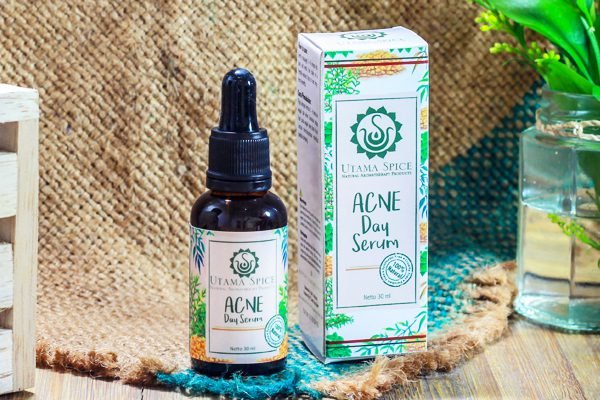
4 – Exercise Regularly
Regular exercise has endless benefits. Aside from being good for your physical health, regular exercise also helps with hormone regulation and blood circulation. Better hormone regulation will help control your sebaceous glands’ oil production. Healthy oil production will help clear up your acne.
One more benefit of regular exercise is its ability to reduce stress, which also aggravates acne breakouts. Just make sure that you wash your face with a pore-cleansing facial wash after every exercise to prevent sweat and oil buildup.
5 – Use Noncomedogenic Skincare Products And Cosmetics
You may have heard or seen the term “noncomedogenic” a lot lately. Here’s what it means: noncomedogenic products do not have ingredients that are likely to clog up pores. If you have acne-prone skin, you may want to check the label before you buy a product for your face. However, keep in mind that even if the label says noncomedogenic, that does not mean that it will not clog up your pores. You still need to test how your skin will react to the new product.
The Bottom Line
Different factors may cause or contribute to your acne, so treatment of this skin condition should not be limited to addressing only one or two issues. Try some natural ways to prevent and treat acne and see what works for you. However, if none of these methods help, consider consulting a dermatologist.

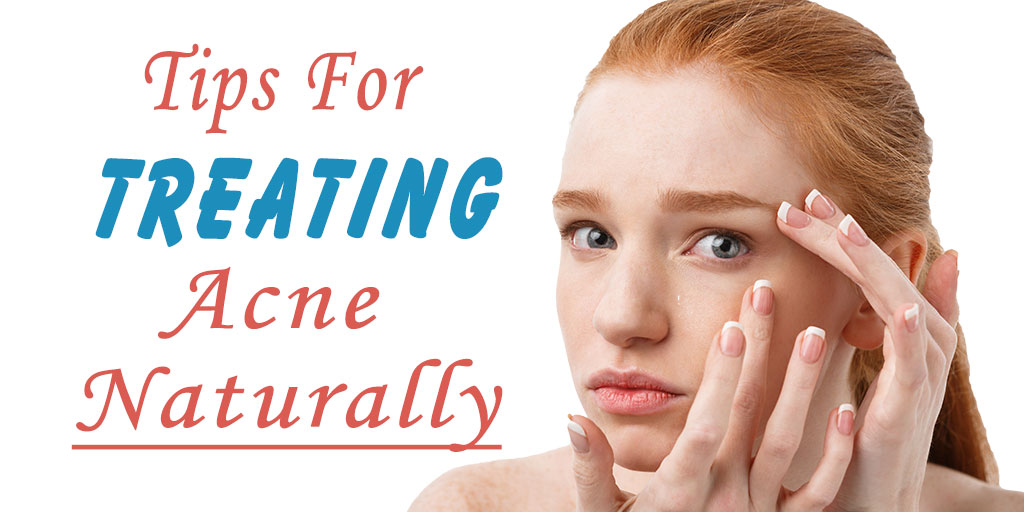

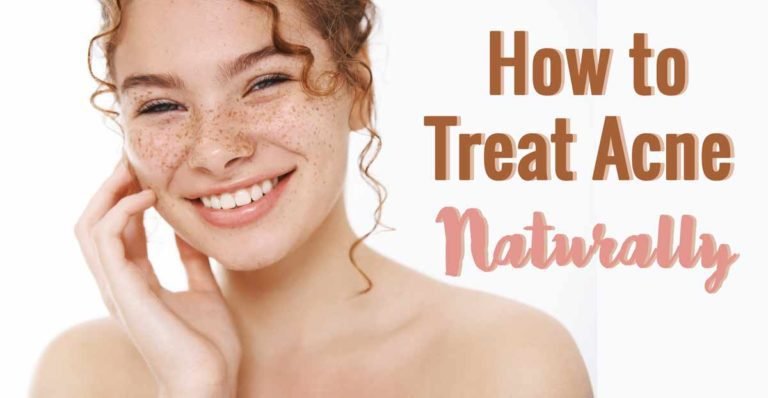
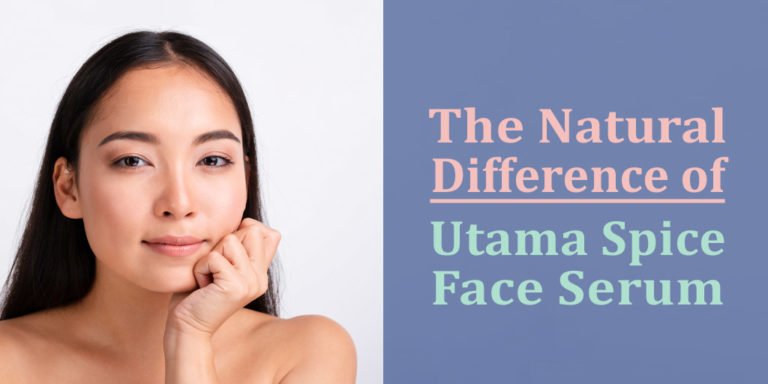

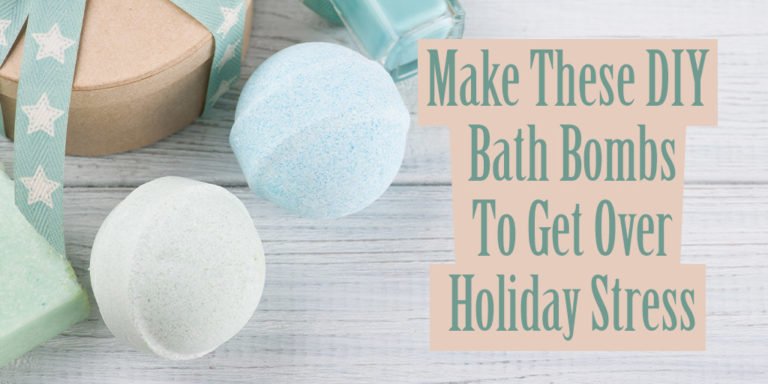
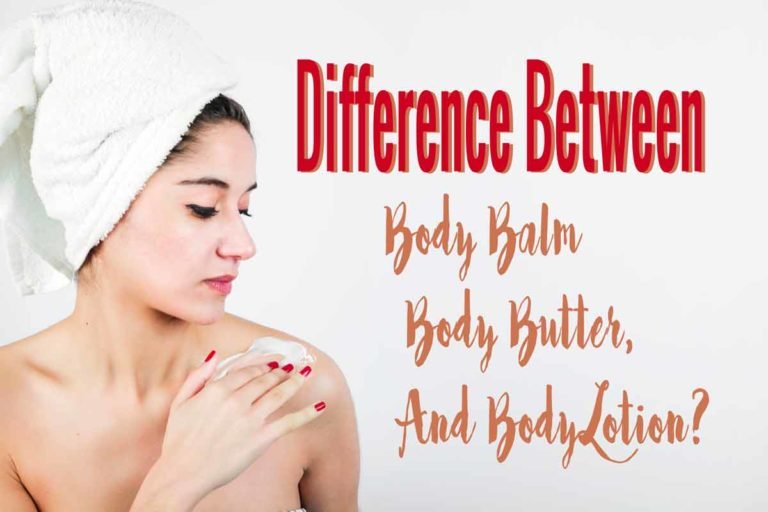
I wish I had known these things when I was a teen. We were told to stop eating chocolate and fried foods.
I wish I knew this earlier
It would have been nice to know this when I was a teenager
I am going to try the tea tree oil and the aloe vera for my teenagers.
Great tips! I have never heard of Tea tree oil. I will have to check it out as I still get acne at times.
These are great, worthwhile tips to taking control of your acne.
Great tips! I love tea tree oil.
Thanks for the post. I was not aware that tea tree oil was effective for acne.
Thanks for the great advice and tips!
I use tea tree oil on blemishes. Clears them up quickly.
Tea Tree Oil must be effective for most – I never tried it but I heard so much about it.
I find that exercise is the most important here.. Been having lots of stress break outs lately due to everything going on. Thanks for sharing!
Perimenopause has brought back my acne in full force. I will try the tea tree oil!
wish i knew this back when. Now I have Rosacea.
I find when I exfoliate regularly helps keep my skin clear from acne.
Wish I ‘d known about this 30 years ago!
Would have been good to know when I was in my teens.
Wonderful tips wish I known about them earlier.
i like to use toothpaste on my pimples, it dries them right up. thank you for all the tips.
Tea tree is my favorite acne treatment! It works wonders! Another tip if you have access to one is the sauna. It is incredible for blemishes and skin health in general!
Don’t have acne now, but I used to and wish I had read this. Very interesting.
I’m an Accutane kid myself, but this is certainly an interesting article with information I may be able to use in the future on my much anticipated summer face mask acne.
Thanks for sharing these great tips. I’m going to share them with my teenage grand kid.
super helpful 🙂 thanks
Tea tree oil has been working wonderfully for the daughter of a friend of mine.
People are so lucky today that so much more is known about taking care of your skin and treating acne. When I was a teen, the dermatologist immediately put me on accutane which was pure hell. While it was rough, I will say that even at almost 50 years old, I still have great skin. Even so, I wish there had been others alternatives to try first before diving into harsh medications.
I wish I knew this when I was a teenager. Better late than never.
I’m going to try the aloe tomorrow!
I don’t have acne, now or as a teen. But I’m starting to have ingrown hairs around my chin. Pulling them out leaves a space in the pore. I’d like to try the tea tree to prevent anything building up in the pore while its healing.
These are great acne treatments
my daughter could use the tree oil for her acne problem, could i get this from amazon?
Great information!! I wish I had read this earlier before using many chemicals on my face.
What great tips!!
Useful info for someone who has acne
very dope products…
I think drinking water is helpful too.
Probably should look into some tea tree oil, seems to be good for a lot of things. Always like natural products.
Great tips. I wish I knew about them earlier.
I will share this article with my teen. Thanks for the information.
whoa, this is cool
I wish these were around when I was a teenager!
Love this, good reading
Thanks for this! I’ve been using tea tree oil more. I’ll be trying out the aloe vera tip soon!
I AM YOUNG, YET I HAVE ACNE
i actually have acne-prone, oily skin and since I was younger, I’ve tried doing a lot of routines to address my constant breakouts and flare ups. only when I was 18 when I started spot treating it with tea tree oil that my painful cystic acne became bearable! so I can attest that the information given here is right.
Pretty sure stress is what’s killing my skin
I’m gonna recommend it to my cuz
Love these natural remedies for scarring
I wasn’t aware tea tree oil can help prevent the growth of bacteria, thus preventing future breakouts. I will have to look into your product for my stubborn acne.
Good article, I am going to try these tips.
I love to use tea tree oil for my breakouts
Great information to control breakout issues.
I have bad acne on my back, but tea tree oil and an acne scrub works best for me!
Been looking for great tips like this!
I’ve had a lot of acne when younger, my skin face has many marks because of it
Nice suggestions.
I never had to much problem with acne but, my granddaughters do and these tips and the acne day serum will be a godsend to them.
I get an occasional spot. Good to know tea tree oil can work. What CAN’T tea tree oil do? 🙂
thanks for the info will be using on my teens
Luckily, acne is one of the few things I’ve not had to deal with.
I always feel bad when I see someone broken out really bad. It’s got to be a huge hit to one’s self esteem. 😐
I have 10,000 problems, but, luckily, acne is not one of them.
I will share this information with my six kiddos at home
Thanks for the info. I’ve never tried tea tree oil.
Where were these kinds of things for acne when I could have used them? (like 50 years ago)
I am lucky that I don’t suffer with acne but fantastic informative article for those that do
I was so lucky that I didn’t have skin problems as a teen, but my son suffered terribly.
a good choice of tips some which i haven’t heard before
I have really sensitive skin and itchiness that doesn’t seem to go away. I love using tea and aloe vera to soothe my skin keeping it hydrated and itch free. Thanks for all the tips. You’re very generous in sharing them!
Great ideas for me to try. Ty
moisturize with Aloe Vera
I never knew that tea tree oil could heal breakouts!
Ytea tree oil sounds like it does amazing!
I always keep tea tree oil on hand for so many things.